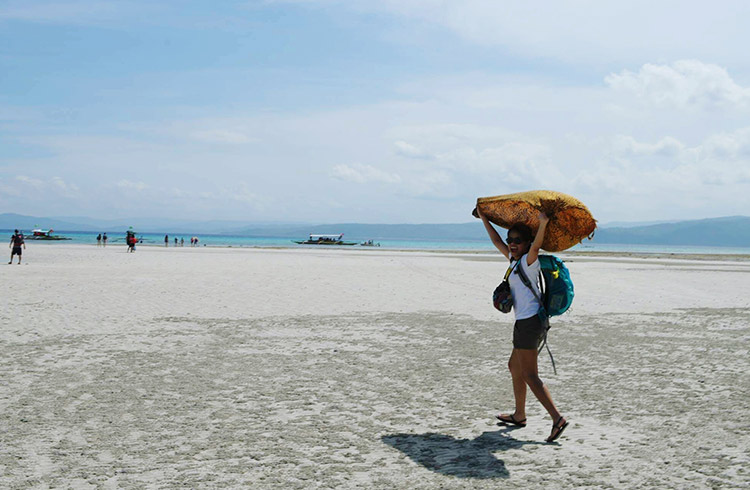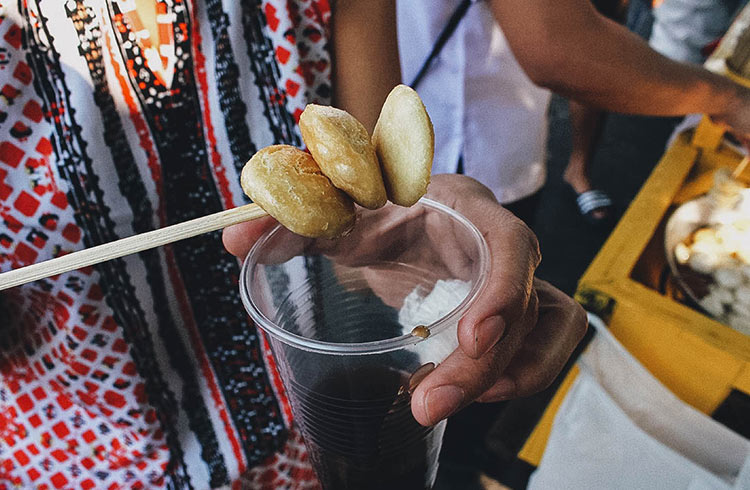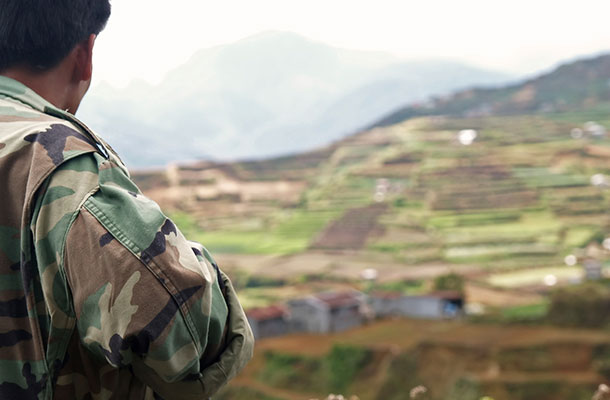How to Not Get Sick in the Philippines: Health Tips
The tropical Philippines climate means you need to prepare for illnesses. Here's how to protect yourself from mosquitoes and what vaccinations you should consider.
 Photo © Getty Images/Bianca Marie Cacho / EyeEm
Photo © Getty Images/Bianca Marie Cacho / EyeEm
This is one of Southeast Asia‘s most beautiful destinations, offering every traveler something exciting to do, from adventurous islands, endless stretches of white sandy beaches, unique culture and warm, friendly people. Exploring the Philippines comes with a few risks to your health: there are plenty of bugs and 'bitey things' that can leave you seriously ill if you're not prepared.
So, here are our top tips on staying healthy while traveling in the Philippines.
- Common diseases and illnesses in the Philippines
- Vaccinations for travel to The Philippines
- Taking medicines to the Philippines
- How to beat the heat in the Philippines
- Listen to The World Nomads Podcast: the Philippines
Common diseases and illnesses in the Philippines
Mosquito-borne diseases
Insect-borne diseases are a concern while traveling in the Philippines. There is a current transmission of the Zika virus across the country, and there is no vaccination available for it. As with any disease carried by insects, the best way to avoid contraction is by using a good quality insect repellent and wearing appropriate clothing that keeps arms, legs and feet covered.
Epidemics of malaria being reported in several of the provincial regions. Thankfully the busier areas like Manila are not usually affected. Dengue fever, on the other hand, is a growing problem in just about all areas of the Philippines.
Other mosquito-borne illnesses found there include Japanese encephalitis and filariasis, particularly between the months of June and November, the wet season there.
Water-borne diseases
The Philippines is a hotspot for water-borne illnesses, such as cholera, typhoid and any number of diarrheal diseases. Outbreaks occur frequently and at any time and place. These unpleasant illnesses can be contracted by drinking contaminated water, or consuming food washed in said water. Even the ice used to chill your drinks may contain bacteria, so be careful. And whenever possible, stick with bottled water or boil it yourself first.
Animal-borne disease
Risk of rabies is present throughout the Philippines, particularly the more rural areas, and it‘s quite serious. So it pays to get vaccinated before you travel. There have been several reported deaths from the illness in recent years. If you happen to be unfortunate enough to be scratched or bitten by an animal, seek medical attention immediately for treatment.
What vaccinations do you need for the Philippines?
The World Health Organization (WHO) recommends all travelers should be covered for, Diphtheria, Tetanus, Measles, Mumps, Rubella, and Polio. If you were not vaccinated as a child consult with a doctor. Tetanus and Diphtheria require booster shots every 10 years. Vaccination against Hepatitis A and B is also essential as Hep A can be spread via contaminated food and water, while Hep B via contaminated blood and unclean medical equipment.
Additionally, travelers planning to stay more than one month or those planning to get into the backblocks and get down with rural life should consider vaccination for:
- Japanese Encephalitis
- Tuberculosis (a TB skin test is usually recommended before and after travel, rather than vaccination and only one vaccine is required for life)
- Meningitis
- Rabies
It‘s important to note that most vaccinations take a couple of weeks to produce immunity, so enough time should be given between receiving shots and leaving for your trip. Talk to your doctor and plan accordingly.
Taking medicines to the Philippines
If there‘s a prescription medication that you need to take during your visit, make sure to keep it in its original packaging, with clearly visible labels. It‘s recommended that you get a signed letter from your doctor that describes your medical condition, prescribed medication and dosage to bring with you for customs. It‘s also a good idea to bring double of whatever prescription you need, packed separately, in case of loss or theft.
It's also wise to make up a travel first aid kit, especially if you are traveling away from main tourist spots.
How to beat the heat in the Philippines
Dehydration, sunstroke and heatstroke are things often forgotten about by travelers as they are swept up in doing everything and seeing everything. With the Philippines being so close to the equator, the effects of the heat and humidity can really affect your trip if you land in hospital because you didn't look after yourself.
So stay hydrated, don't overpack your days and even lessen the activities during the middle part of the day when the sun is at its hottest. Don't forget to also apply plenty of sunscreen to prevent getting sunburnt.
Listen to The World Nomads Podcast: the Philippines
Related articles
Simple and flexible travel insurance
You can buy at home or while traveling, and claim online from anywhere in the world. With 150+ adventure activities covered and 24/7 emergency assistance.
Get a quote


No Comments